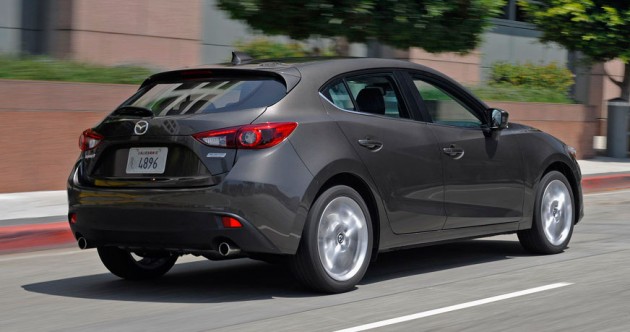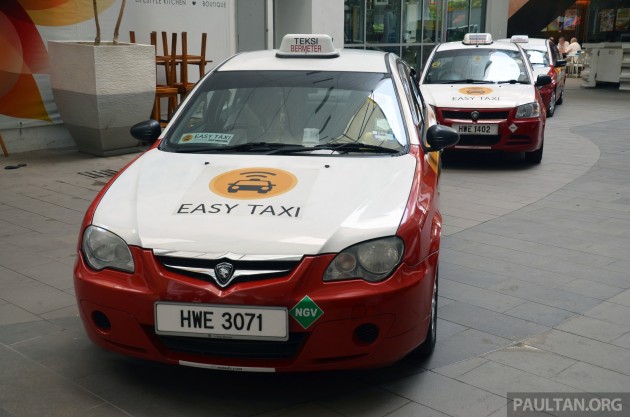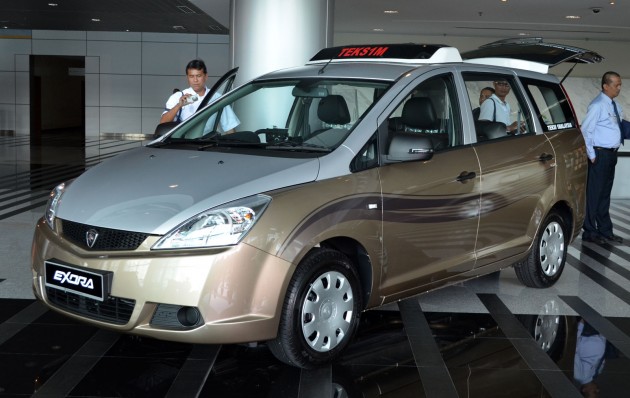
Putin's disappearing act came amid a series of challenges facing the Kremlin, including further blows to the oil-dependent economy and furor from political opponents after the slaying of a main Putin critic, Boris Nemtsov, late last month.
MOSCOW: More than 10 days after President Vladimir Putin dropped from public sight without an explanation, he reappeared on Monday relaxed, smiling and joking -- although perhaps with a touch of the sniffles.
His long absence from public view spurred furious speculation in Russia that he had suffered acute health issues or that there had been a serious bout of Kremlin infighting. There were rumors that a girlfriend had secretly delivered a baby. Some longtime Kremlinologists even posited there had been a coup.
The intense guesswork, however, carried at least one clear message: how deeply Russia now depends on the whims of a single man.
In the absence of any real institutions or alternative structures of authority, power has centralized around Putin more than any leader since the era of Joseph Stalin's iron-grip rule. Other Soviet leaders were accountable to the Communist Party. One of them, Nikita Khrushchev, was even removed.
"It would be boring without gossip," Putin, 62, told reporters outside St. Petersburg in his first public event since March 5. He met Almazbek Atambayev, the president of Kyrgyzstan, in the Constantine Palace just outside the city.
In comments apparently encouraged by the Kremlin, Atambayev gave a personal appraisal of Putin's health, telling reporters, "Vladimir Vladimirovich showed me around, drove around, he himself was at the wheel -- so that there will be less gossip."
A rosy-faced Putin smiled broadly, stroked his nose, then laughed. But he made no further public comments about his health before reporters were ushered from the room where the two leaders were sitting in gilded armchairs. Putin appeared to wince briefly as he sat down in his chair after strolling in with his Kyrgyzstani counterpart.
The appearance lasted a little over two minutes.
Neither Putin nor the Kremlin offered any details about why he missed a series of meetings and postponed one state visit during the period.
On Thursday, Putin's spokesman announced that the president would not attend a meeting with the Federal Security Service, which he usually attends. Putin also postponed a trip to Kazakhstan at the last minute; it has been rescheduled for later this week.
The spokesman, Dmitry Peskov, on Monday mocked the rumor mill that had preoccupied many in Russia's elite in recent days.
"Have you seen the paralyzed president who was captured by the generals? He has just come back from Switzerland, where he attended the delivery" of the baby, Peskov told journalists.
There still has been no official comment from the Kremlin on why Putin was out of the public eye -- nor any acknowledgment that anything was out of the ordinary. It was a rare absence for a leader who has built a reputation for hands-on leadership and personal vigor.
Putin's predecessor, Boris Yeltsin, sometimes dropped out of view, incapacitated by health issues or alcohol. Elderly Soviet leaders in the 1980s dropped dead, three in quick succession. But during those eras there were stronger structures to ensure stability if the top person was out of the picture.
The former KGB officer has no obvious political heir. Nor is it entirely clear who would be in charge of Russia's stockpile of nuclear weapons during times in which the leader is incapacitated.
Putin has long stoked the argument that only he can hold together his vast nation. Some analysts speculated that his absence was a deliberate attempt to unnerve even those who disagree with him. Other Kremlin critics said that the absence of alternatives to Putin was actually itself a source of instability.
Putin on Monday ordered snap military exercises that sent nearly 40,000 Russian military personnel into a state of full alert in the Arctic and in Russia's western regions. It was an especially large-scale operation after a year in which security forces have frequently been ordered into combat exercises.
Russia's neighbors have complained that such efforts are deeply threatening, particularly in the area that borders Ukraine. Moscow has countered that NATO exercises in the Baltics endanger Russia's own security interests.
Putin's disappearing act came amid a series of challenges facing the Kremlin, including further blows to the oil-dependent economy and furor from political opponents after the slaying of a main Putin critic, Boris Nemtsov, late last month.
Russian authorities claim Nemtsov was killed by Islamists from Chechnya, but Nemtsov's backers have dismissed the arrests as a potential coverup.
Putin was last seen in public when he hosted Italian Prime Minister Matteo Renzi. The Kremlin said the president had other official meetings in the following days, but Russian news outlets reported that the meetings may have taken place earlier than claimed by the Kremlin.
There has been previous speculation about Putin's health. In 2012, rumors erupted after he was absent from public life for several days. No explanations were given at the time, although the absence was widely attributed to back problems.
- Source: The Washington Post






















